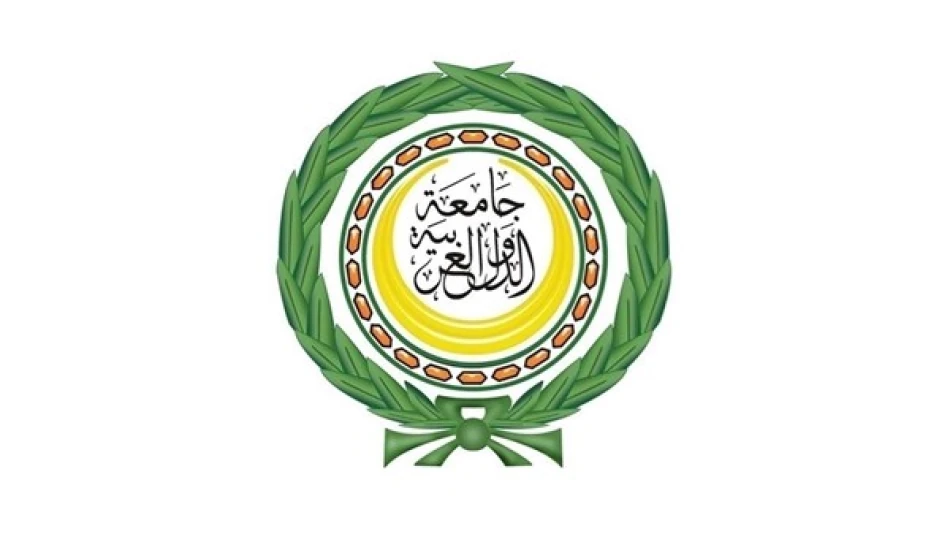
Arab League Condemns Israel's Aggression Against Qatar
Arab League Condemns Israeli Strike on Doha as "Flagrant Violation" of Qatar's Sovereignty
The Arab League has issued its strongest condemnation of an Israeli attack on Qatar's capital Doha, marking a significant escalation in regional tensions and potentially reshaping diplomatic alliances across the Middle East. Secretary-General Ahmed Aboul Gheit's denunciation signals growing Arab unity against what the organization calls repeated Israeli aggressions, while putting international pressure on global powers to intervene.
Unprecedented Attack Sparks Regional Outcry
In an official statement, the Arab League characterized the Israeli strike on Doha as a "flagrant violation of Qatar's sovereignty," language typically reserved for the most serious diplomatic protests. The organization declared its complete solidarity with Qatar while calling on the international community to fulfill its responsibilities in halting what it described as recurring Israeli attacks.
The timing of this incident is particularly significant given Qatar's role as a key mediator in regional conflicts and its hosting of major international events, including the recent World Cup. An attack on Qatari soil represents a dramatic departure from previous patterns of regional conflict.
Strategic Implications for Gulf Security
Qatar's Unique Position Under Threat
Qatar has historically maintained a complex diplomatic balance, hosting both U.S. military bases and Hamas leadership while mediating between various regional powers. This attack potentially undermines Qatar's carefully cultivated image as a neutral broker, forcing the small but wealthy nation to recalibrate its security arrangements.
The strike also raises questions about the effectiveness of existing security guarantees in the Gulf region, where American military presence has long been assumed to provide protection for allied nations.
Arab League Unity in Focus
The Arab League's swift and unequivocal response demonstrates a level of organizational unity that has been rare in recent years. This solidarity contrasts sharply with the fragmented responses seen during previous regional crises, suggesting that direct attacks on member state territory may serve as a unifying factor where other issues have failed.
The call for international intervention specifically targets global powers, particularly the United States and European Union, to take concrete action rather than issue routine diplomatic statements.
Broader Regional Ramifications
This incident occurs against the backdrop of the Abraham Accords and ongoing normalization efforts between Israel and several Arab states. An attack on Qatar could complicate these diplomatic initiatives, as Arab nations may find it increasingly difficult to justify warming relations with Israel while facing direct military actions against Arab League members.
The escalation also threatens Qatar's significant investments in international diplomacy and soft power projection, potentially affecting everything from energy partnerships to cultural exchanges that have defined Qatar's global strategy in recent decades.
International Response Critical
The Arab League's explicit call for international action puts Western allies in a difficult position, particularly the United States, which maintains strong relationships with both Israel and Gulf Arab states. How major powers respond to this incident will likely influence future regional security arrangements and diplomatic alignments.
The effectiveness of international diplomatic mechanisms in addressing this crisis will serve as a crucial test for multilateral institutions already strained by conflicts in Ukraine and other global flashpoints.
Most Viewed News

 Layla Al Mansoori
Layla Al Mansoori






